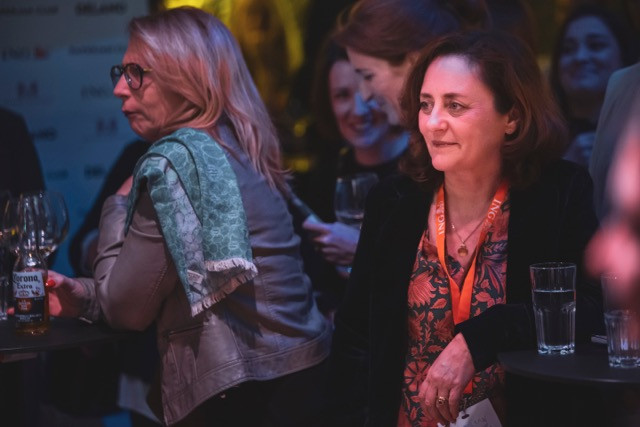The devil is in the detail. At first glance the embarrassment the nation’s image suffered at this year’s Skoda Tour de Luxembourg and the fight for survival of community radio station Ara have little to do with each other. But they both are symptomatic of a deficiency that many thought the grand duchy had long shaken off--a lack of attention to detail and a general insouciance. The sort of “that’s the way we’ve always done it” attitude that felt embedded across institutions and society for way too long.
In terms of nation branding, the incident on Sunday’s last stage of the Tour de Luxembourg involving a truck on the course that caused a slowdown and crash in the peloton was exasperating--especially as the riders had staged a protest during the second stage of the race on Wednesday. According to report in “DirectVelo” magazine, the truck driver had simply ignored police instructions that he was not allowed to enter the road from a hotel driveway until the peloton had passed. Tour director Andy Schleck said the race would be safer if the whole course were one-way. “But this decision is not up to us, it is up to politics,” he told “DirectVelo”.
It seems odd that the government was willing to close down whole roads over the summer to promote cycling--even on weekdays when fewer than a half dozen cyclists used them, and commuters had to take detours that led to polluting traffic jams in some villages--but would not do the same when the sporting world was watching the grand duchy’s centrepiece cycling event. The result of the race became inconsequential as the safety concerns made the headlines in specialist media like “Cycling News”. The UCI world governing body of cycling is set to review the safety concerns, but the government, police and local communes that host stages of the Tour really need to address the issue and make sure all the details are in place to ensure similar embarrassment does not recur next year.
An essential service
The plight of Ara radio is perhaps less damaging to the country’s reputation abroad--though community broadcasters elsewhere are suffering similar challenges if a recent Unesco Community Media discussion, with Ara’s Lisa McLean on the panel, is anything to go by. But the grand duchy does need an outlet like Ara. It provides news and broadcasting in multiple languages, and with residents representing more than 150 nationalities in the capital city, it is an important bridge to communicate with communities--never more so than during the covid-19 pandemic when providing citizens with reliable information in their native tongue can prove vital. The station provided updates in Arabic, Tigrinya, Italian, Russian, Portuguese and Albanian as well as English during the height of the health crisis.
The change to the media law that is currently in the process of passing through legislative stages quite rightly focuses on news providers who employ professional journalists. Ara’s business model means it cannot, we are told, afford to hire full-time journalists. So, it requires alternative, more specific, legislation to help fund the community broadcaster--why not special subsidies from the ministry of integration (minister Corrine Cahen even seemed to support the station by appearing on Sam Steen’s 33-hour marathon show last week) or the ministry of youth (Ara helps train teenagers via its Graffiti programmes).
With volunteers and freelancers providing content for the shows, and administrative duties divided between just 12 part-time staff, the cost of saving Ara is not beyond the means of the government. The detail is for the politicians to work out, but there is definitely momentum--from both the public and media--behind the effort to save the station. It is no use, in a changing media landscape and with a shifting demographic, to say “that’s the way we’ve always done it”. The coalition needs to wake up and recognise the crucial role of this particular community radio station.
